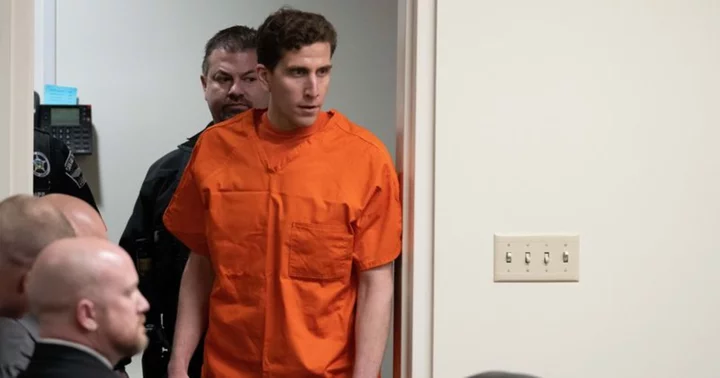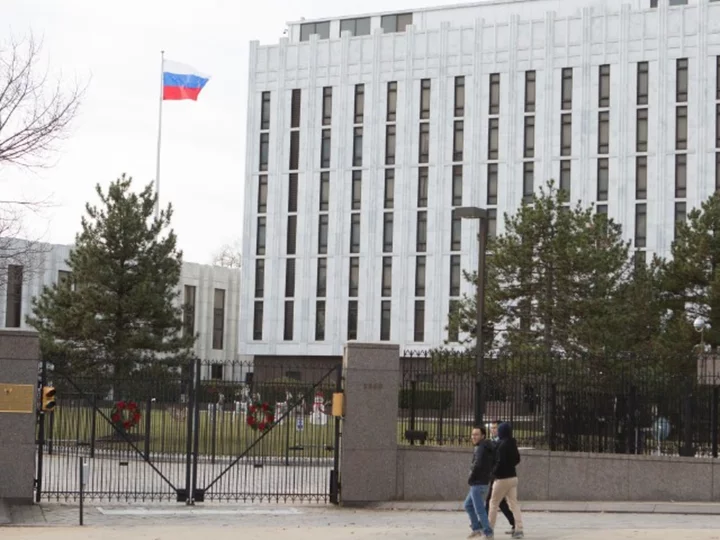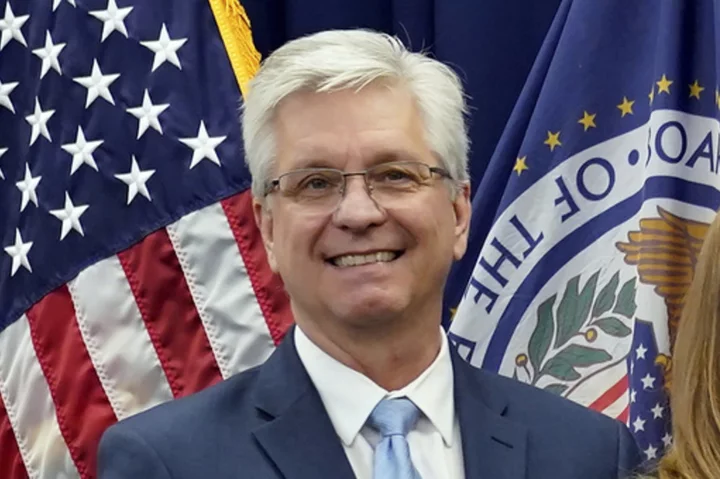MOSCOW, IDAHO: Idaho murders suspect Bryan Kohberger has been indicted by a grand jury. The 28-year-old is accused of fatally stabbing University of Idaho students Ethan Chapin, 20, Kaylee Goncalves, 21, Madison Mogen, 21, Xana Kernodle, 20, in their off-campus three-story rented home on November 13, 2022. He was arrested in Albrightsville, Pennsylvania, on December 30, 2022.
Kohberger was extradited to Idaho and is being held in the Latah County Jail without bond, at present. He has yet to enter a plea. The indictment will allow prosecutors to bypass a week-long preliminary hearing that was originally scheduled to begin on June 26.
READ MORE
'Sexist' Bryan Kohberger graded female students unfairly, told colleagues men will take their jobs
Idaho murders: Suspect Bryan Kohberger was often 'seen with Asian girl' claims web sleuth
What is the difference between preliminary hearing and grand jury?
A preliminary hearing determines whether probable cause exists that a crime occurred and whether the suspect committed the crime, based on evidence presented by the prosecutor. If it is established, the suspect is formally charged with the crime. Following the process, the case moves on to the criminal trial phase.
According to the website of Jimm Courtney Law, a preliminary hearing "is a hearing done before a case is indicted by the prosecutor (solicitor). It is also conducted before the case is presented to the grand jury. The preliminary hearing must be requested by the defendant, but even if one is requested, the solicitor could indict the case before the hearing is held. If this happens, no preliminary hearing is allowed, since it must be done before the case is indicted. It is a hearing that is presided over by a magistrate, who judges the case on the facts presented to decide only if there is enough probable cause to continue with the case. If the judge decides there is not enough probable cause, the judge can dismiss the case. However, the solicitor can still override the magistrate and indict the case anyway. The solicitor may also go along with the magistrate, and allow the case to be dismissed. (This may be a signal to the police to do more investigation, or to change policy in how they gathered their evidence)"
A grand jury is another way that a person can be formally charged with a crime. A grand jury does not happen in open court, and it is possible that the person accused of the crime is not even aware that the case is being made until after the grand jury has taken place. 16 people from the general public comprise a grand jury. They listen to the prosecutor present evidence about a crime that was potentially committed. After the case is presented by the prosecutor, the grand jury deliberates in secret and decides if there is probable cause for formal charges.
According to Jim Courtney Law, "A grand jury hearing is conducted by the grand jury, which is a panel of 18 people who meet once a month to go over the cases to be presented. They preside over all the cases presented, not just one case, as is the case in a criminal trial. They also decide whether there is enough probable cause to continue a case. If they decide there is enough evidence, they “true bill” the case, and if they decide there is not enough probable cause to continue, they “no bill” the case. Here, though, if the grand jury does not truly bill an indictment, the indictment is dismissed and if the prosecutor wants to continue with the case, he must do another indictment to be presented to the grand jury."
It adds, "The most important thing to remember about the two is that while a case may have both, a preliminary hearing and a grand jury hearing, only the grand jury hearing is mandatory, and once the grand jury hearing has been done, a preliminary (meaning “first”) hearing cannot be done."
Bryan Kohberger hires new lawyer
Meanwhile, it has been reported that Kohberger has hired a new attorney, Elisa G Massoth, who previously worked a case that appeared on 'America’s Most Wanted.' Massoth reportedly attended the same university as the four victims. She is certified to defend death penalty cases.
Kohberger faces four counts of first-degree murder and felony burglary for his alleged involvement in the murders of the four young students.









